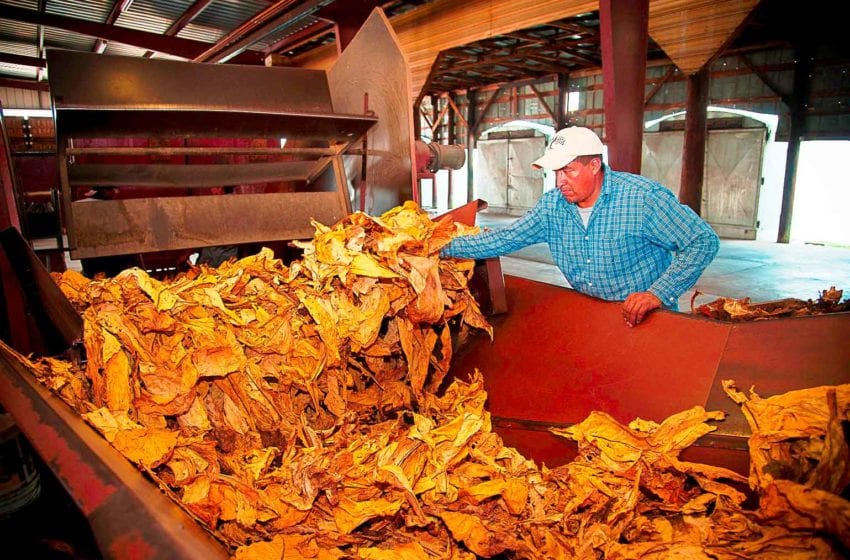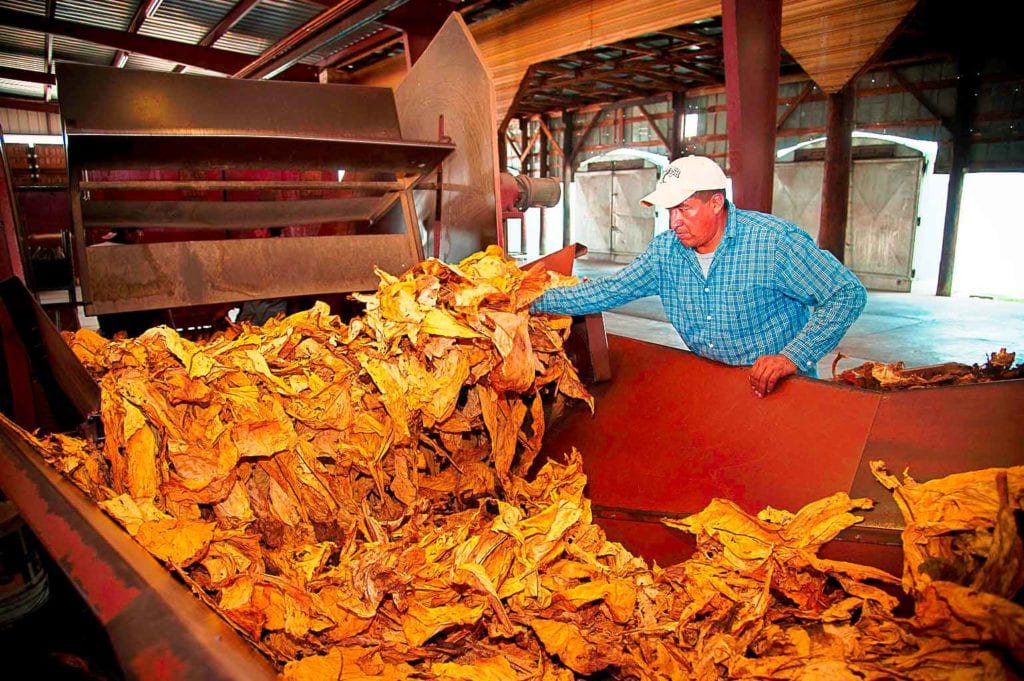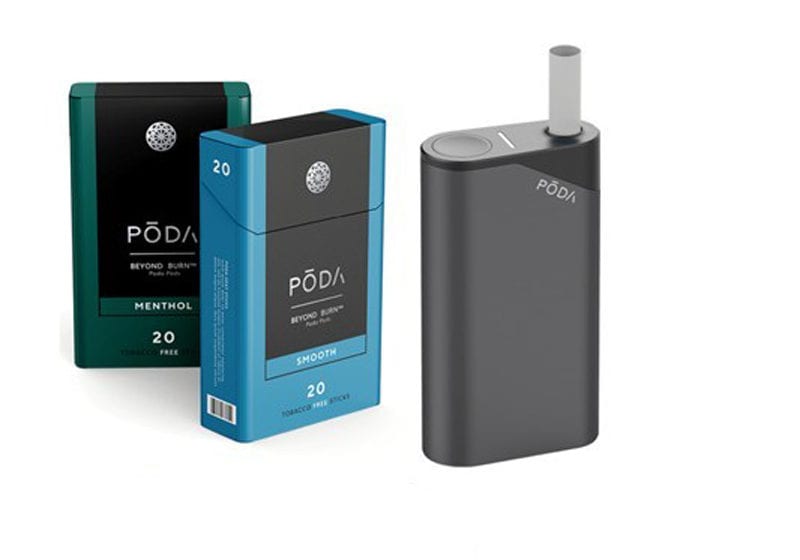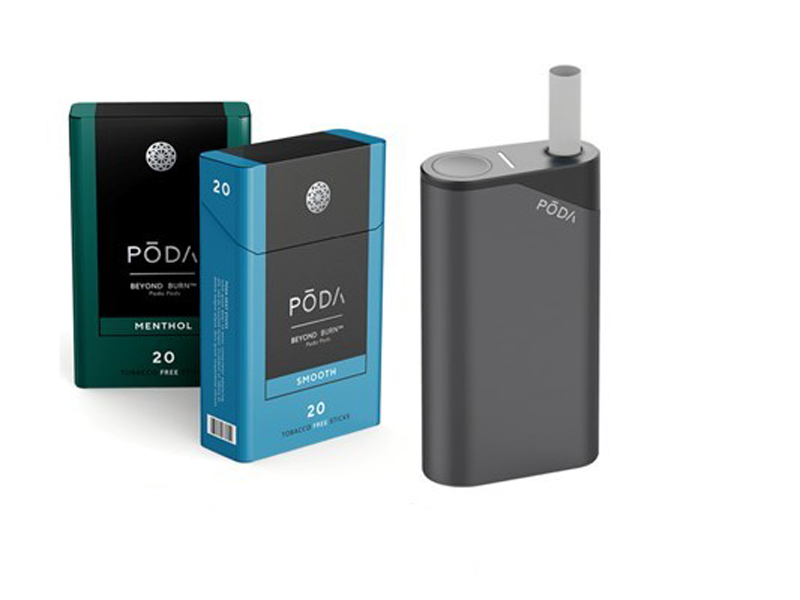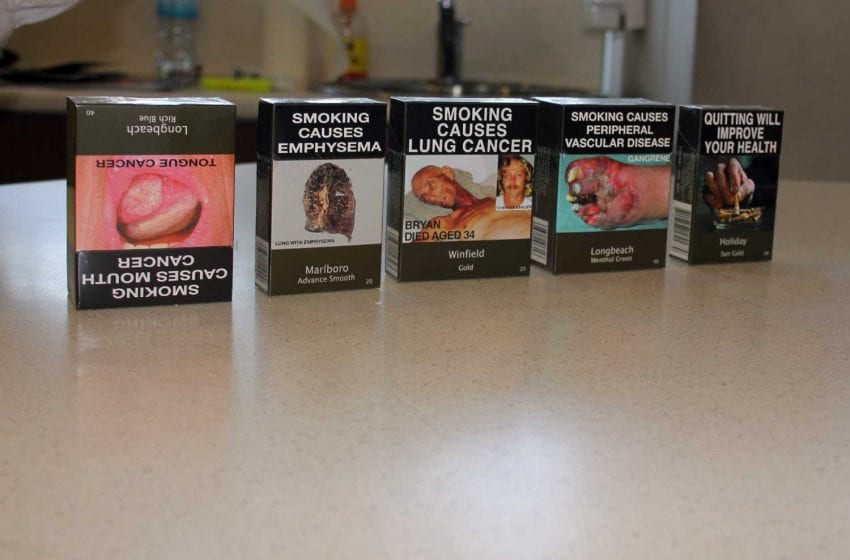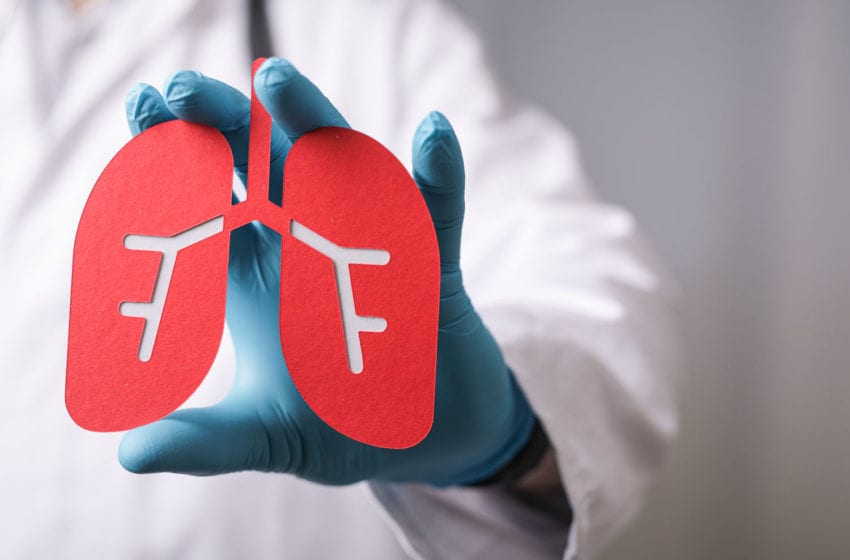
Serial entrepreneur Andy Cars has invested in Sting Free and joined the company’s board of directors.
Since 2014, Cars has been running Lean Ventures International, focusing on structuring and streamlining innovation work in large companies. As part of that work, Cars helped develop the world’s first management system for innovation (ISO 56002), which was published in July 2019. Customers include H&M, Essity, Tieto, SMHI, BillerudKorsnas and Philip Morris.
Cars has also coached more than 200 startup teams to take their ideas to market. As a jury member of the European Innovation Council, Cars evaluates and funds scalable startups within the EU.
Cars holds a magna cum laude Master of Business Administration degree from the European University Business School in Lisbon.
“Sweden has the lowest number of smokers per capita in Europe and is the only country in the EU that allows the sale of snus,” said Cars in a press note. “I think that other countries will soon start to follow Sweden’s example. With tobacco-free nicotine pouches being permitted, not only in the EU but in most countries, such a development is already taking place.”
“Andy brings to the board a whole range of unique qualifications and valuable experiences that I am convinced will help Sting Free AB to continued success,” said Bengt Wiberg, CEO of Sting Free. “We are looking forward to soon launch the world’s first patented sting-free snus and nicotine pouches via licensees.”
The board of Sting Free now comprises Bengt Wiberg, Daniel Wiberg, Andy Cars and Lars Erik Stromberg. Advisers include Ken Storey, Curt Enzell, Tony Axell and Conny Andersson, who joined Sting Free in April.
Sting Free has developed a solution that eliminates the stinging sensation associated with snus use, thus reducing a barrier to tobacco users looking for less harmful methods of nicotine consumption.
Tobacco Reporter profiled Sting Free in July 2017 (see “Patching the Pouch”).





